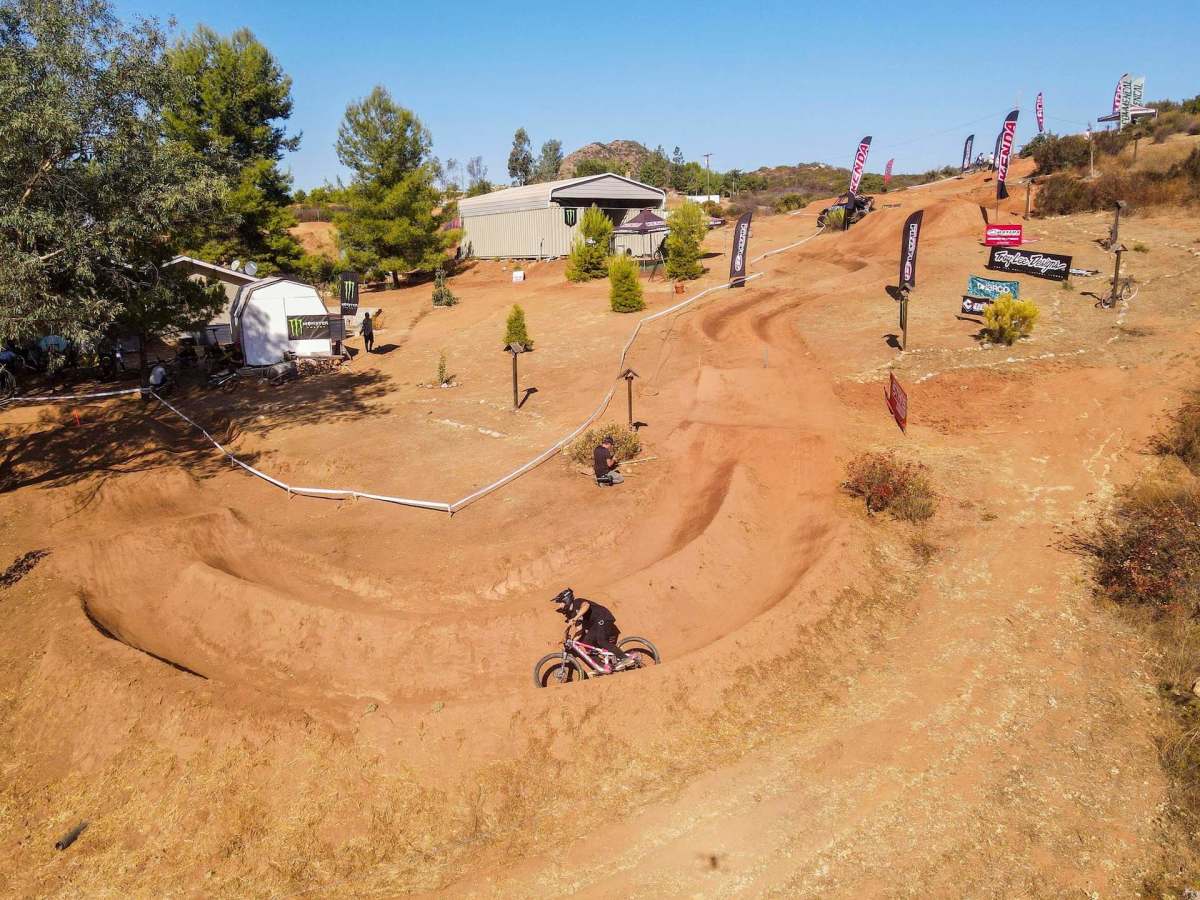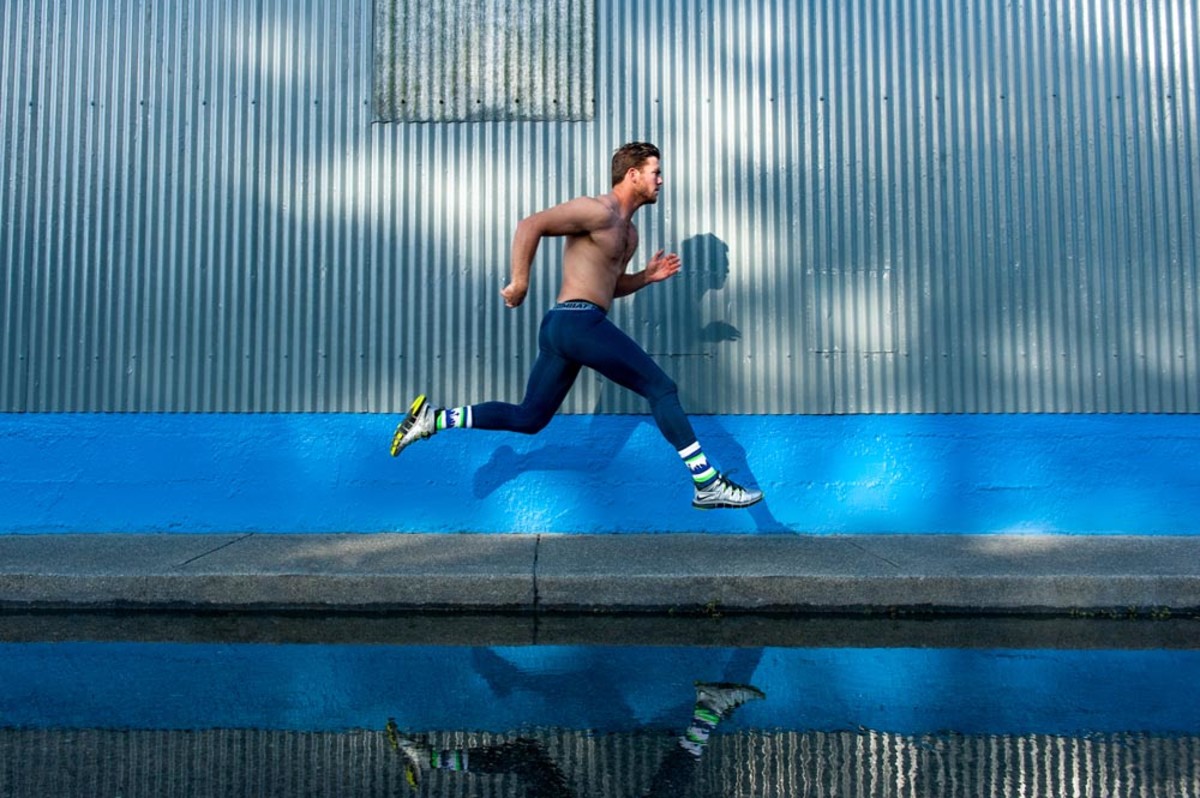As it tends to happen with technology, the line between “consumer” and “professional” drones is blurring, and the DJI Mavic Air 2 ($799; dji.com) shows exactly how fuzzy the two terms have become. For entry-level shooters looking for awe-inspiring cinematic shots, it’s probably the best drone available.
My first-flight experience revealed how intuitive it is to use. After charging the battery, I loaded the DJI app on my phone, connected the controller, and punched the auto-takeoff button. The drone jumped to about eye level to await further instructions, and I scrolled through a menu of pre-programmed flight patterns that DJI calls Quickshots. I chose a sequence called “Rocket,” and the Mavic Air 2 blasted upward to deliver an extreme zoom-out. What started as a shot of me on my porch expanded to reveal my house, backyard, and then the whole neighborhood.
Other Quickshots include the Dronie (an angled ascent), Helix (a spiraling descent), and Boomerang (the camera flies up and away before coming back for a falling zoom-in shot).
That ease of use is the Mavic Air 2’s most impressive feat, hands down. For novice flyers, it saves a ton of frustration. Your phone serves as the monitor, and to engage the auto-track feature—which allows the drone to follow people, bikes, jet-skis, dogs, and so on—you simply draw a box around your subject and hit record. Thanks to 48 megapixel photos and 4K video at 60 frames per second, the Mavic Air 2 delivers beautiful shots.
The battery runs for about half an hour on a charge, which is excellent by drone standards. It’s actually about 10 minutes longer than the original Mavic Air. But it’s also about half the time I want when I’m any distance from a charging outlet. There’s no simple solution here; drone motors require a lot of power. But you can always swap-in backup batteries, which DJI sells for $115 apiece, or use a car charger, which runs $59.
My only real quibble with the Mavic Air 2 is one that I’ve come to expect from other drone tests: Like its predecessors, it’s too easy to crash.
I’m a fairly lousy drone pilot, and I have no plan to improve. So I need crash-avoidance features that protect my flying camera even when I can’t (or won’t). The Mavic Air 2 dodges branches and sign posts cleanly while moving backward or forward, but it’s not so reliable with side-to-side movements.
After my second time tangling the propellers in tree branches and watching the drone hit the ground, I finally referred to the manual for guidance. It turns out DJI’s Advanced Pilot Assistance System is disabled during left and right movements. That’s unfortunate. And while I love the drone’s Trace mode—the one where the drone follows you—the manual explains: “The aircraft can sense and avoid obstacles in this mode when there are pitch stick movements. The aircraft cannot avoid obstacles when there are roll and throttle stick movements.”
Huh. If that doesn’t make immediate sense, plan on crashing a couple times while you figure it out. Or you could try flying more cautiously than I do, which is probably smarter.
All told, the Mavic Air 2 is still the drone I’ll carry in my backpack the next time I travel or set off on a big hike. With the arms folded in, it’s about the size of a Chipotle burrito. At 1.25 pounds, it weighs about the same, too. That’s a powerful tool in a tiny package, and it’s my new favorite way to score larger-than-life footage.

from Men's Journal https://ift.tt/3jdYXco



No comments:
Post a Comment